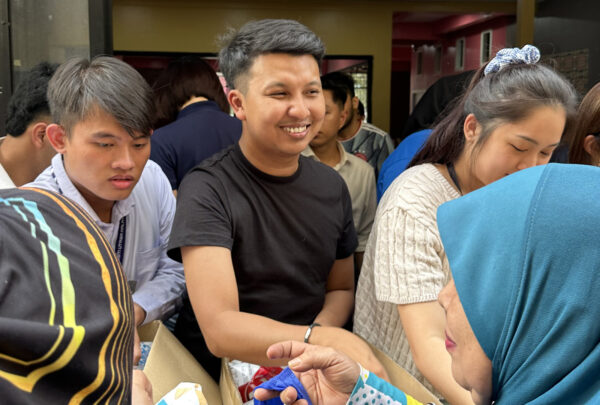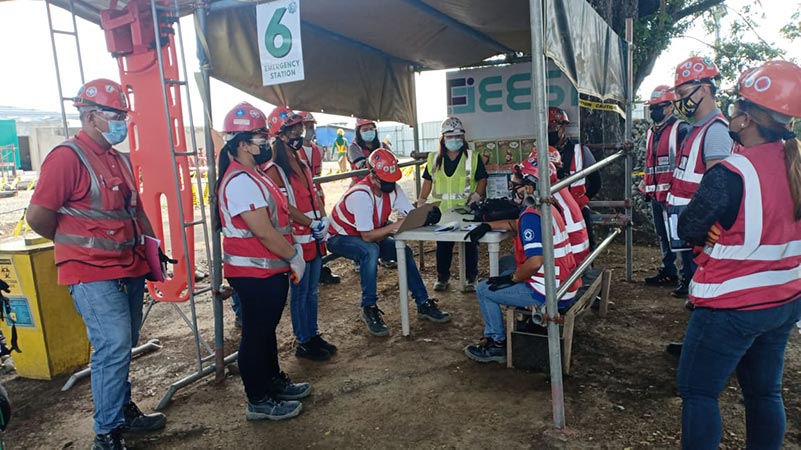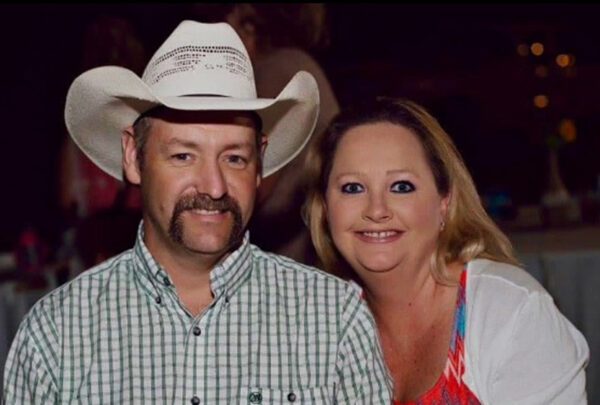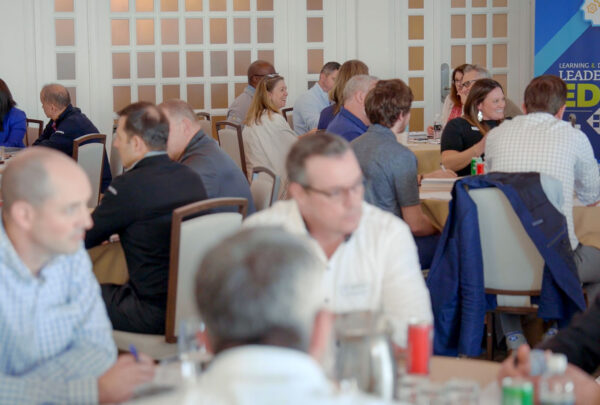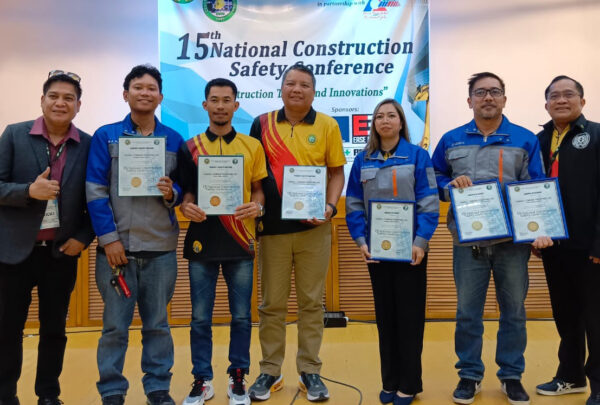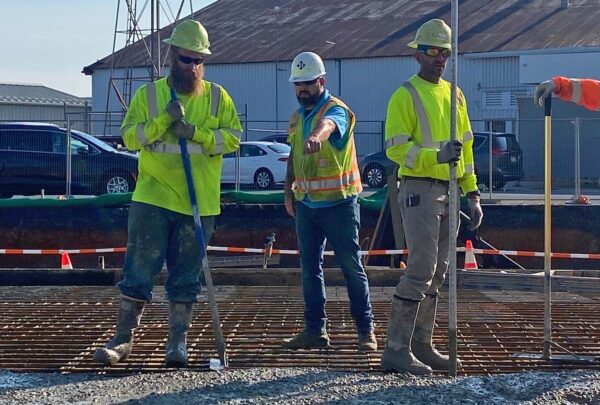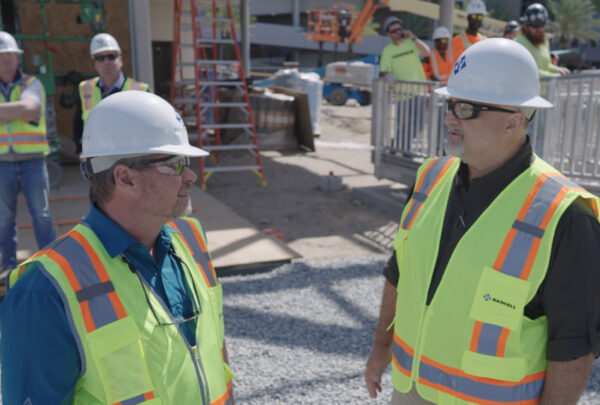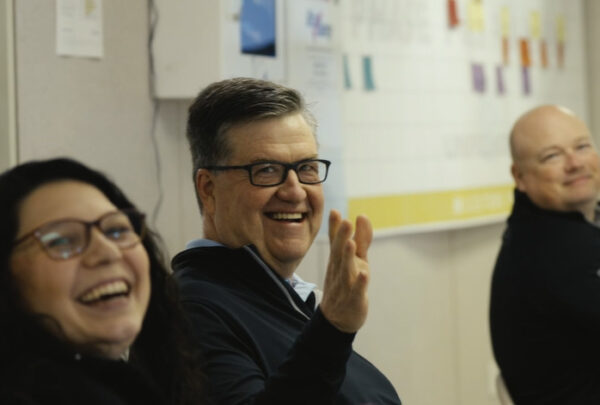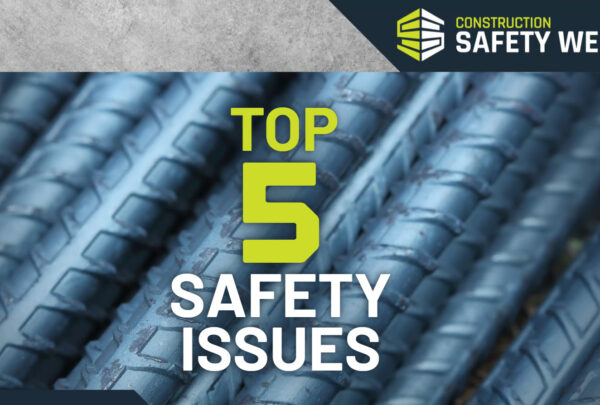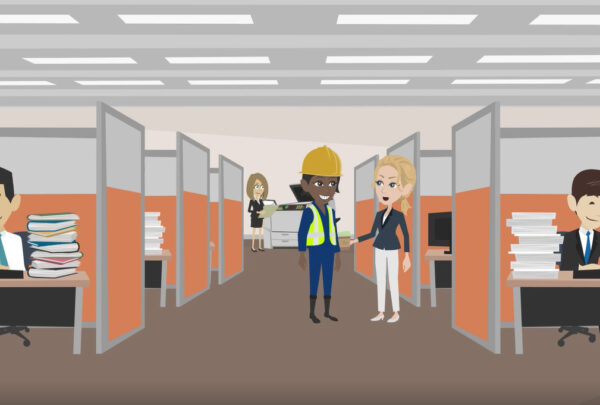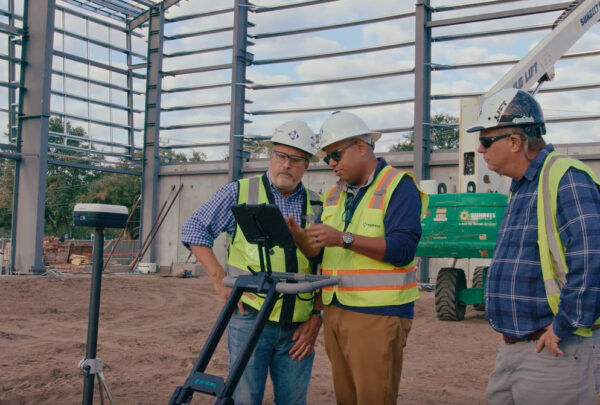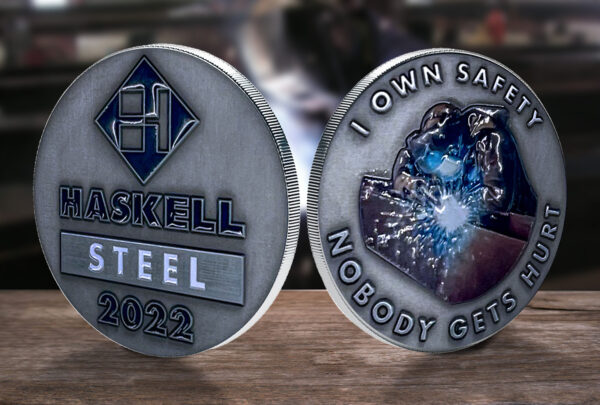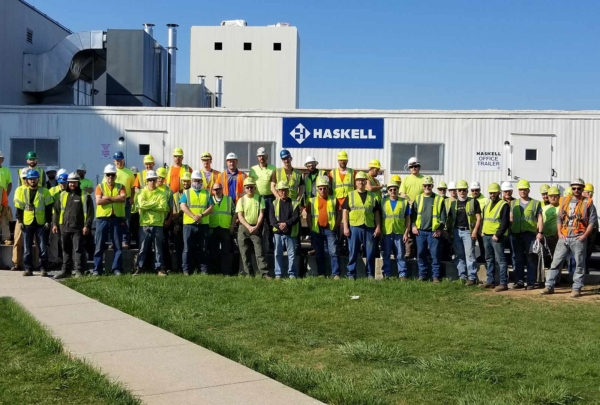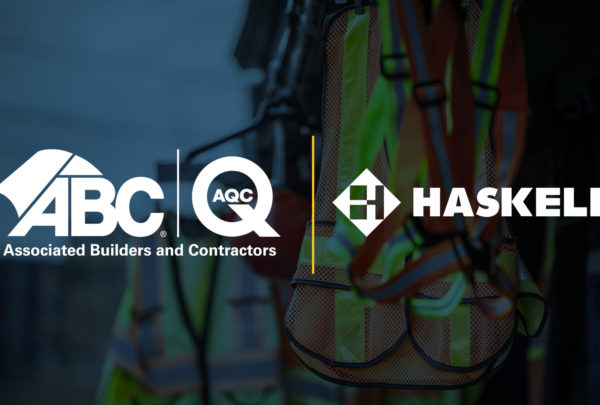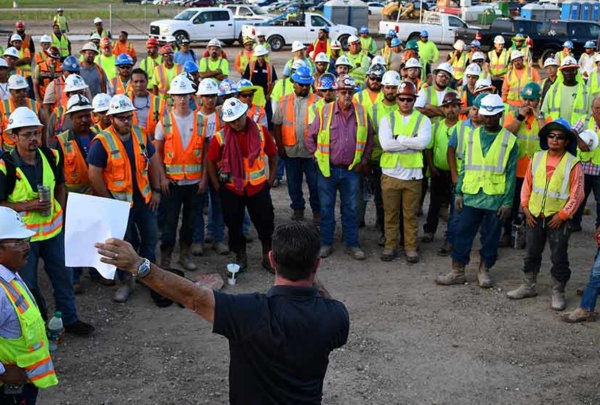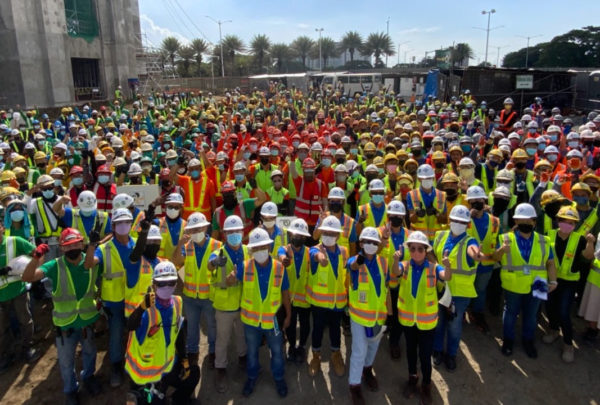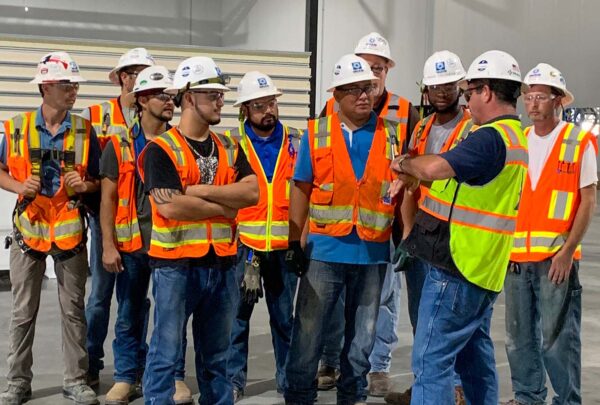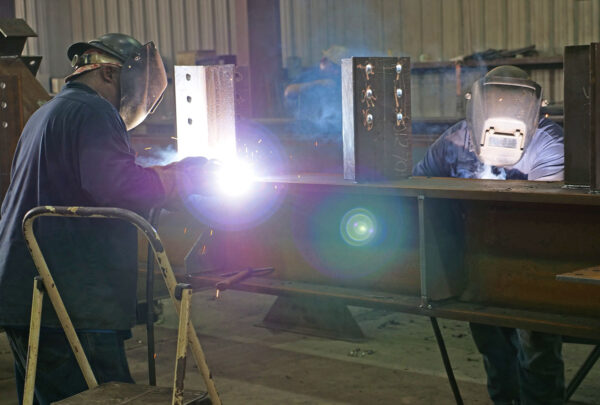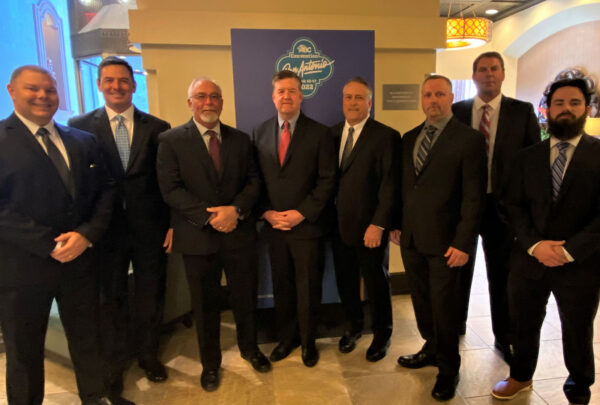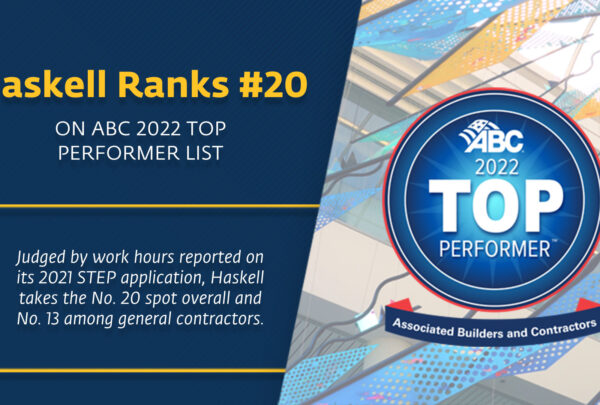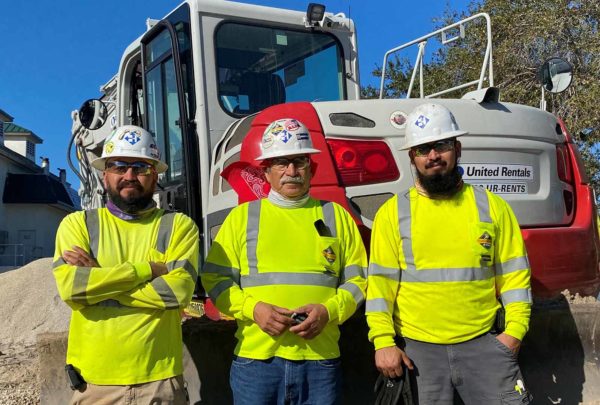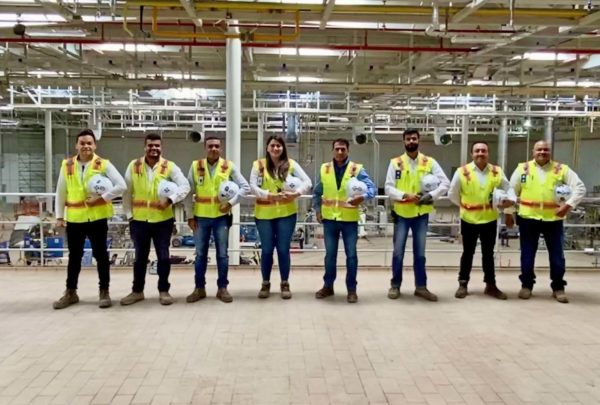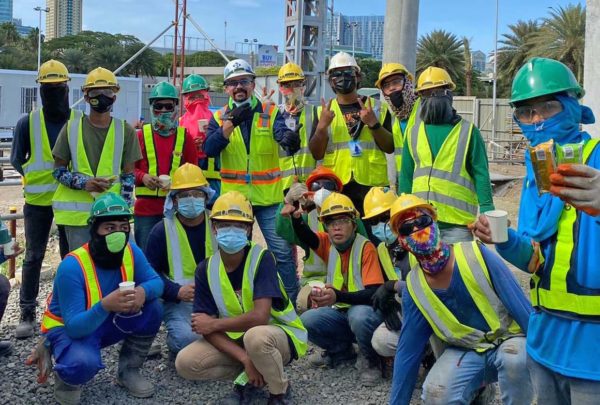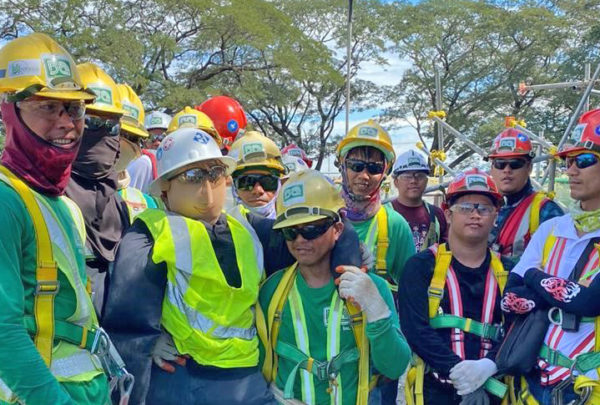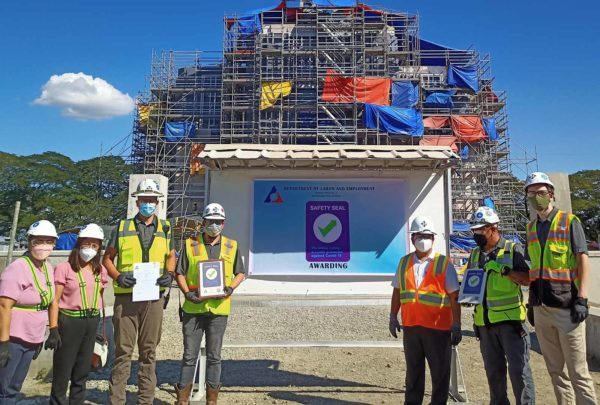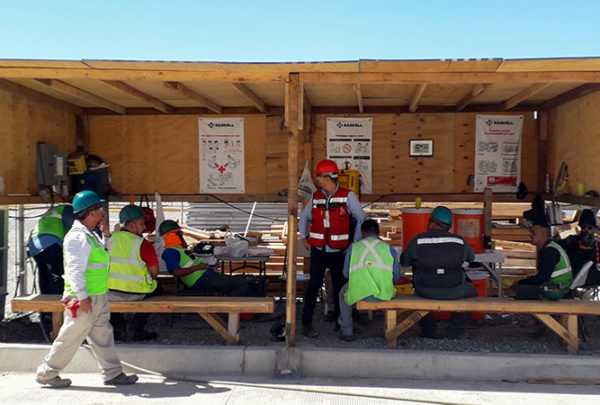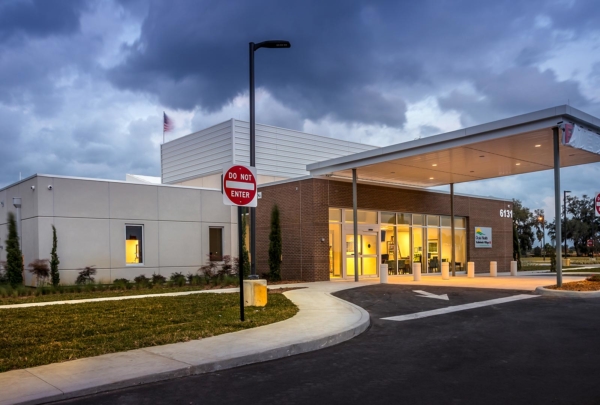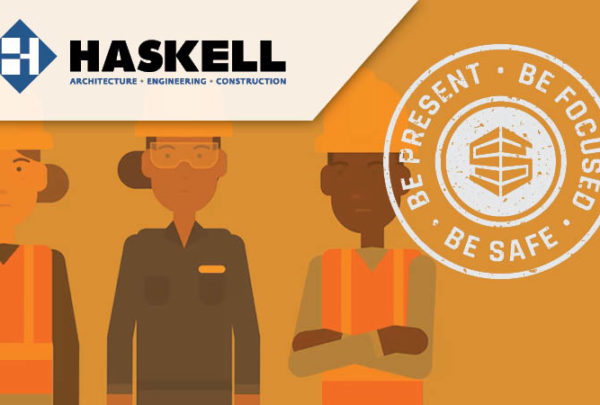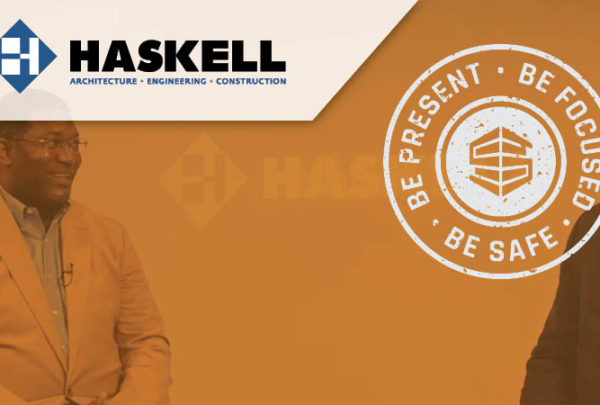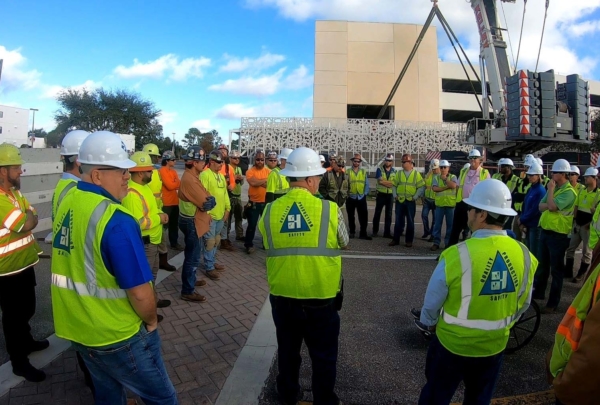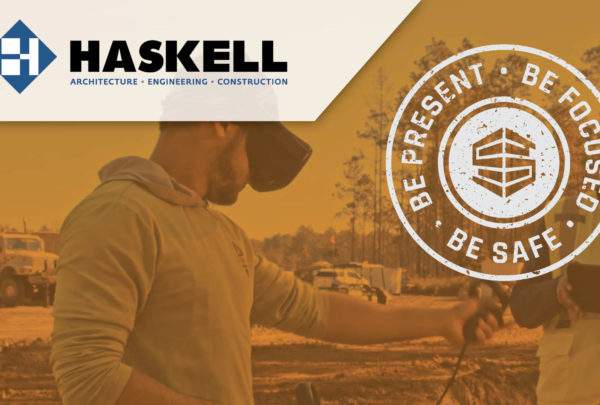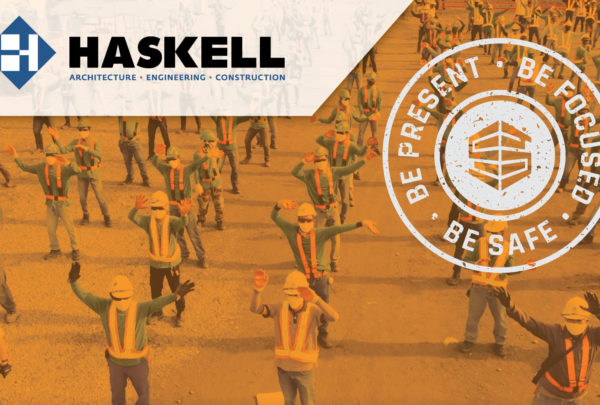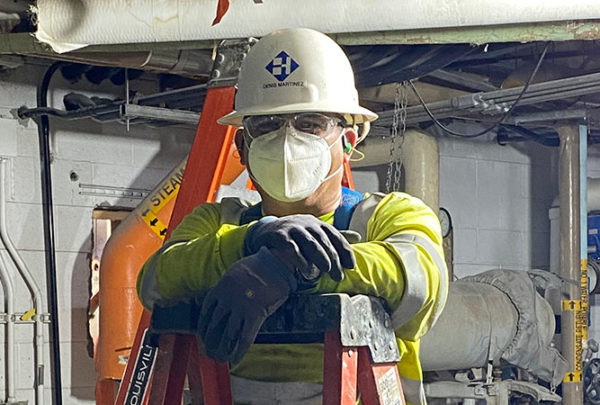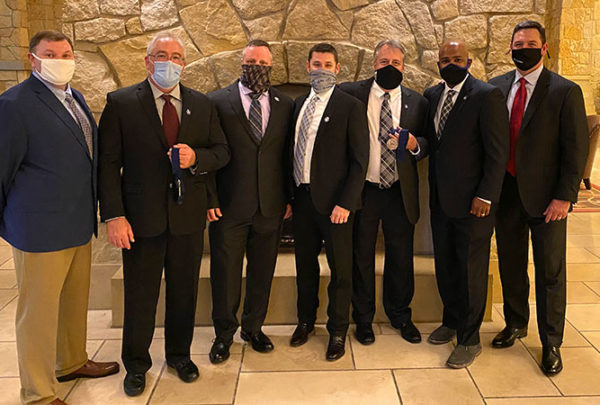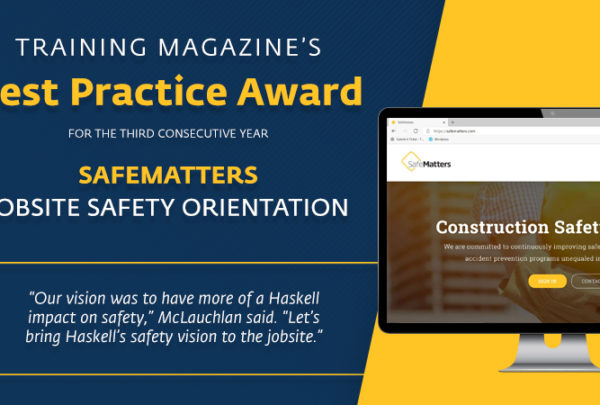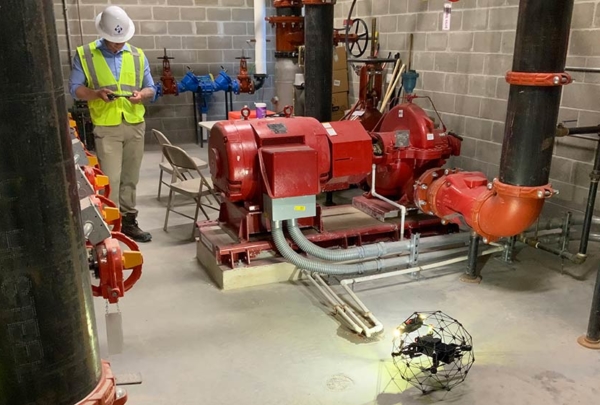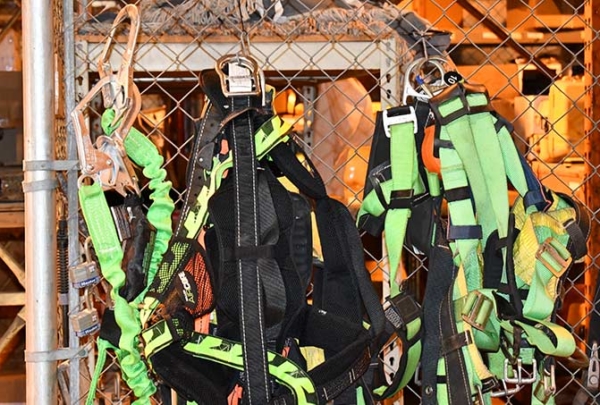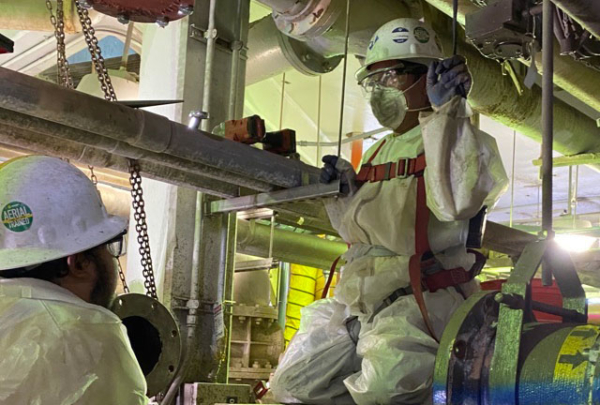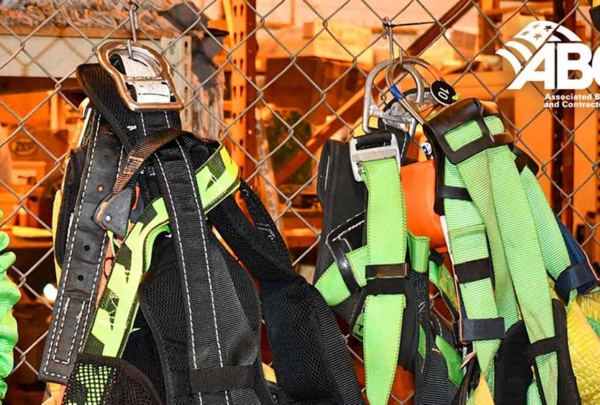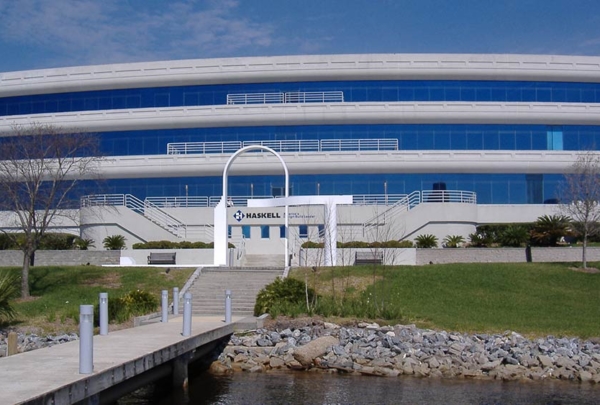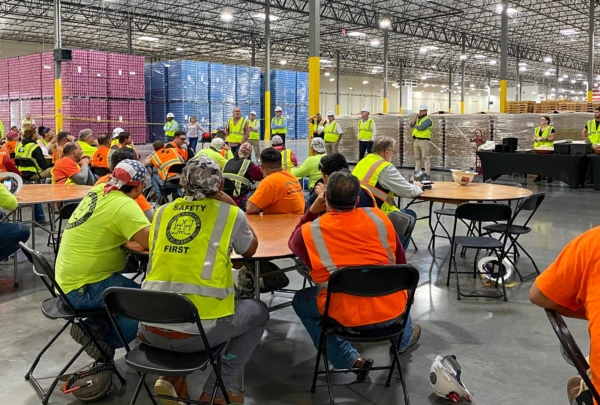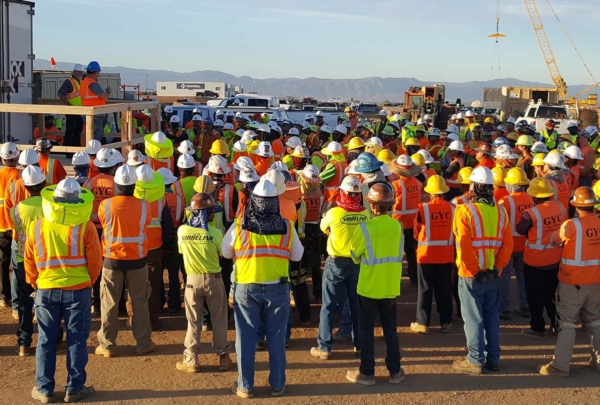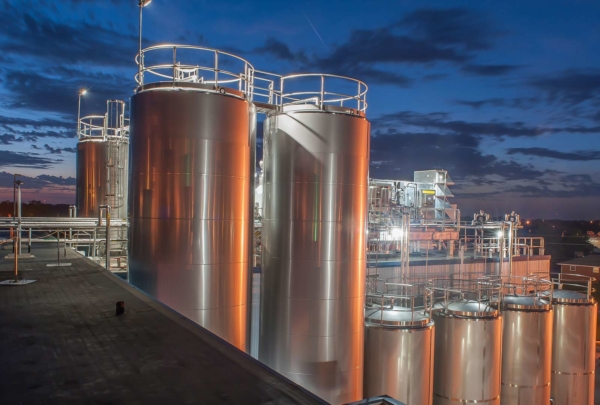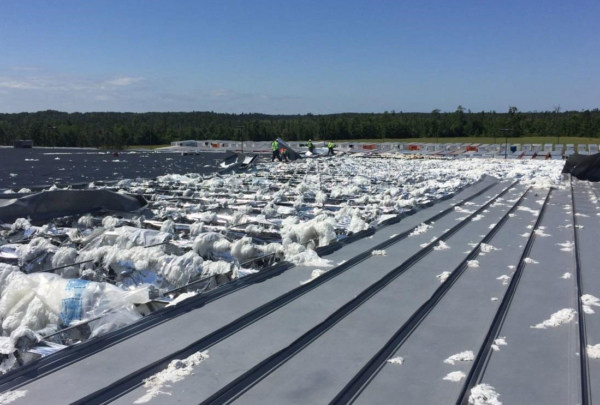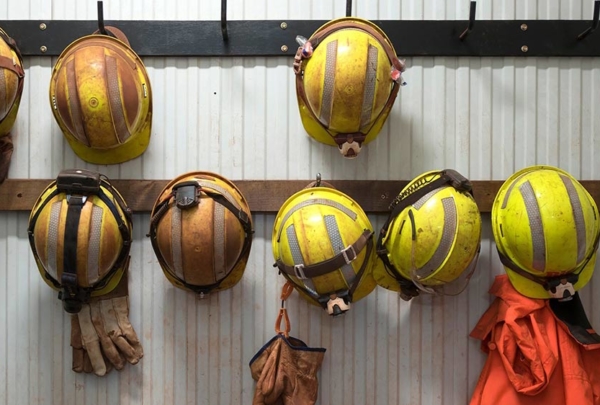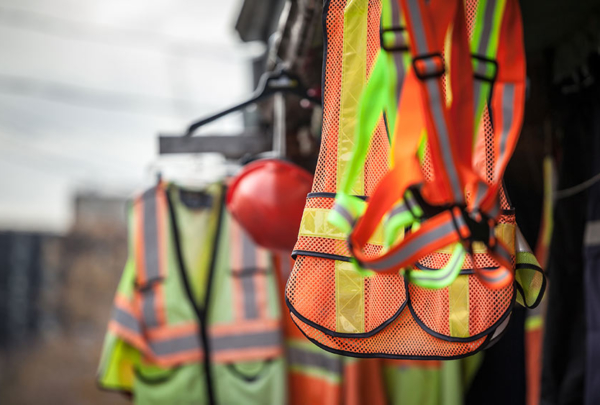Sharing the expertise that makes them industry leaders, members of Haskell’s award-winning Safety team compiled this list of Frequently Asked Questions about handling the heat:
Can medications increase the risk of heat-related illness?
The risk for heat-related illness and death may increase among people using psychotropic drugs, Parkinson’s disease medications, blood pressure medication, antihistamines, tranquilizers (phenothiazines, butyrophenones, thioxanthenes) or diuretic medications or “water pills.
How effective are electric fans in preventing heat-related illness?
Electric fans may provide comfort, but when the temperature is in the high 90s or above, fans will not prevent heat-related illness. Those exhibiting symptoms of heat-related illness should move to a shaded area, loosen clothing, drink water a little at a time and cool down with ice packs or cool water.
How can people protect their health when temperatures are extremely high?
Keep cool and drink plenty of fluid, replace salts and minerals, wear appropriate clothing and sunscreen, pace yourself, stay cool indoors, schedule outdoor activities carefully, use a buddy system, monitor those at risk, and adjust to the environment.
Should I take salt tablets during hot weather?
Do not take salt tablets unless directed by your doctor. The easiest and safest way to replenish lost salt and minerals through sweating is through your diet. Drink fruit juice or a sports beverage.
How much should I drink during hot weather?
During hot weather, you need to increase your fluid intake regardless of your activity level. Don’t wait until you’re thirsty to drink. In a hot environment, drink enough non-alcoholic cool fluids each hour to maintain normal color and amount of urine output. Avoid sodas, caffeine, alcohol, energy drinks.
What is the best clothing for hot weather or a heatwave?
Lightweight, light-colored, loose-fitting clothing and a long-sleeve shirt. A wide-brimmed hat will provide shade and keep the head cool. Apply sunscreen to unprotected parts of your body and reapply according to the package directions. Sunburn affects your body’s ability to cool itself and causes a loss of body fluids. It also causes pain and damages the skin.
What should I do if I work in a hot environment?
Pace yourself. If you are not accustomed to working in a hot environment, start slowly and pick up the pace gradually. If exertion in the heat makes your heart pound and leaves you gasping for breath, STOP all activity. Move to a cool or shady area and rest, especially if you become lightheaded, confused, weak, or faint.
Is there a tool or an app that can help me understand heat safety risks in real time?
Haskell recommends downloading and using the OSHA-NIOSH Heat Safety Tool, a useful resource for planning outdoor work activities based on how hot it feels throughout the day. It features real-time, location-specific heat index and hourly forecasts, as well as occupational safety and health recommendations from OSHA and NIOSH.
What should I do if I see someone with any of the warning signs of heat stroke?
If you see any of these signs, you may be dealing with a life-threatening emergency. Have someone call for immediate medical assistance while you begin cooling the victim. Do the following:
- Get the victim to a shady area.
- Cool the victim rapidly using whatever methods you can. For example, immerse the victim in a tub of cool water; place them in a cool shower; spray them with cool water from a garden hose; sponge them with cool water; or, if the humidity is low, wrap them in a cool, wet sheet and fan them vigorously.
- Monitor body temperature and continue cooling efforts until the body temperature drops to 101-102° Fahrenheit.
- If emergency medical personnel are delayed, call the hospital emergency room for further instructions.
- Do not give the victim alcohol to drink.
